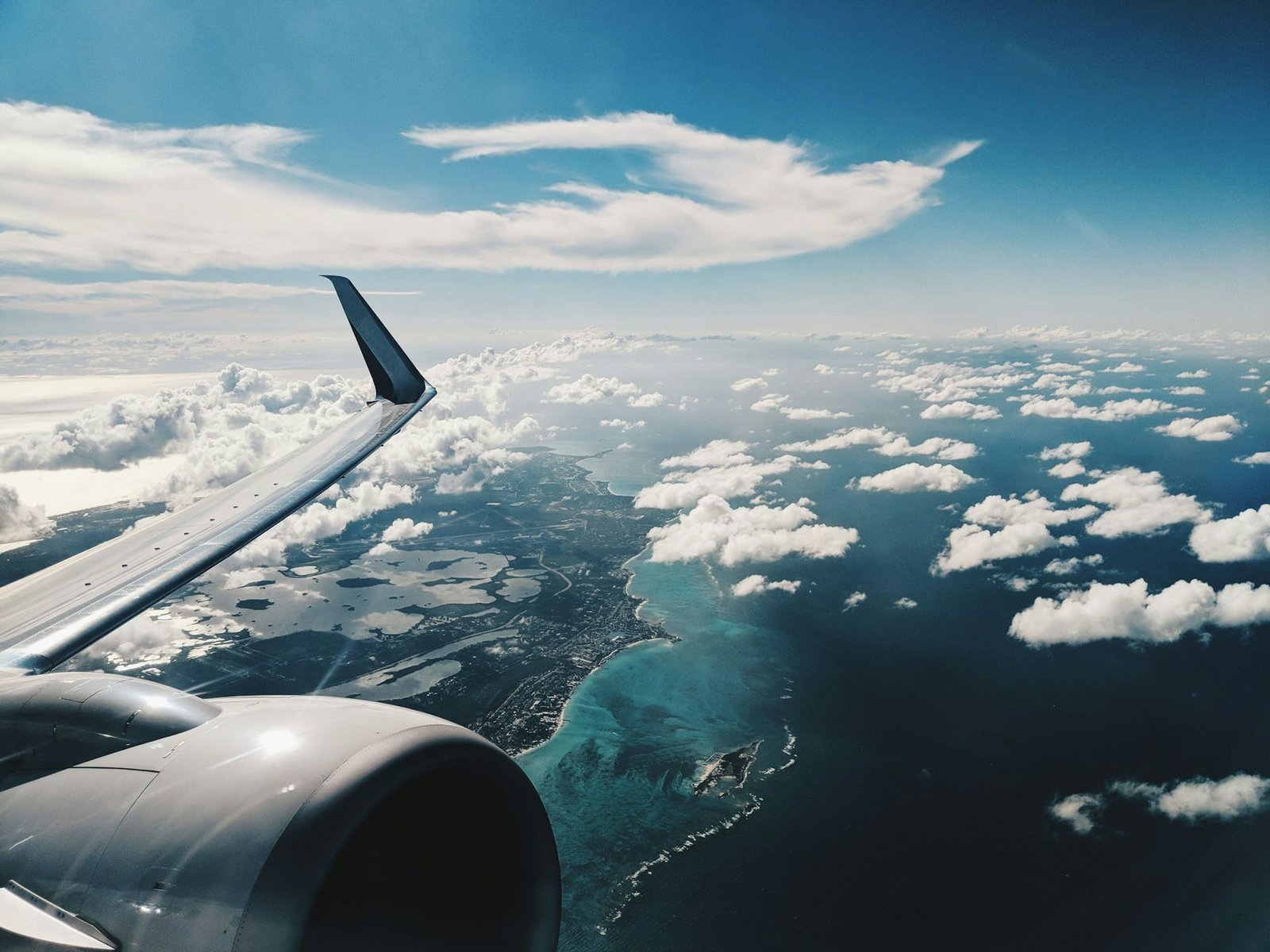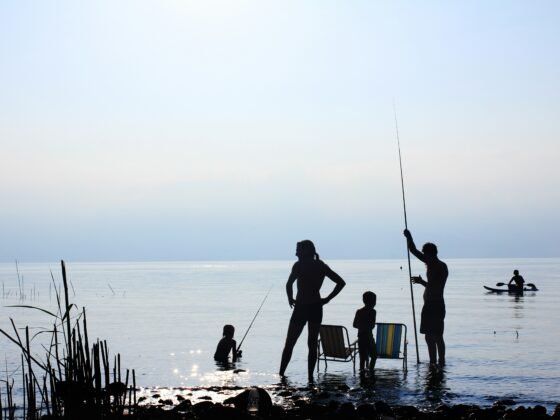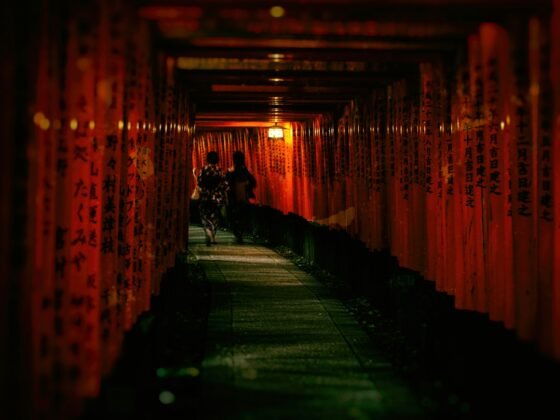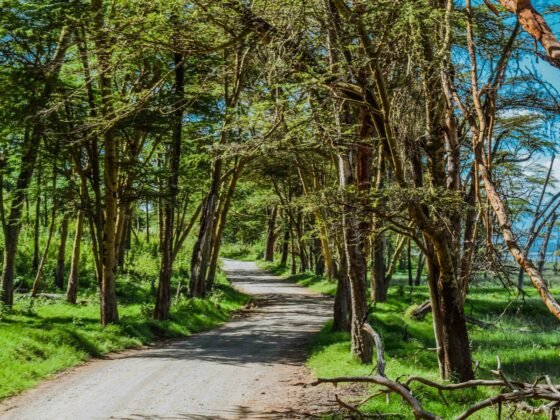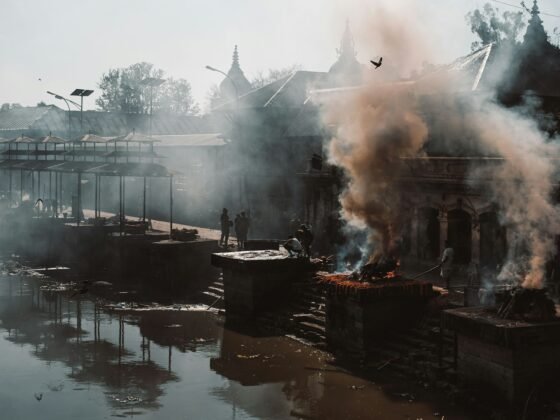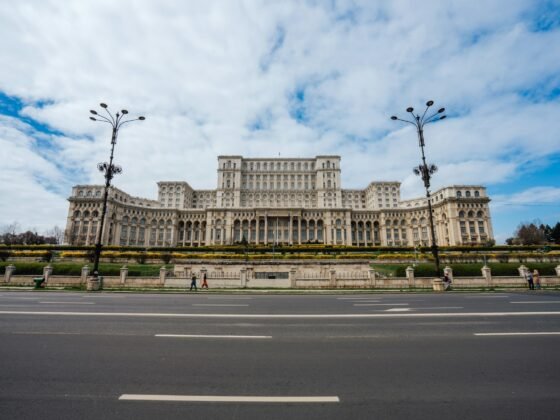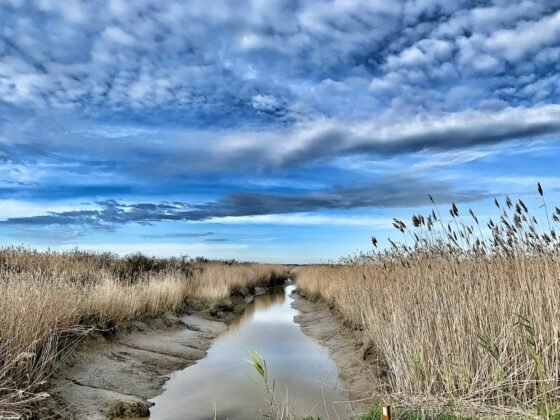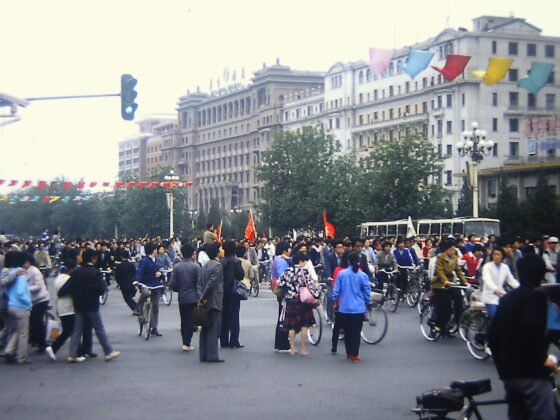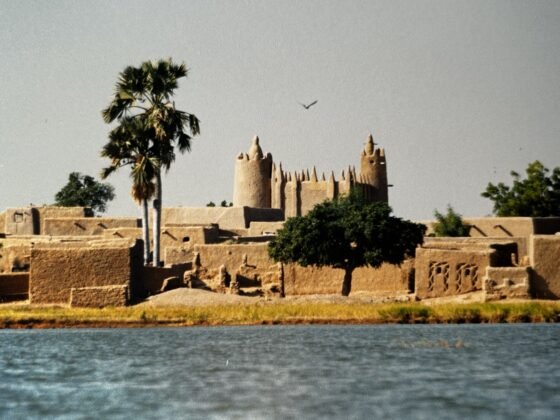by Saah Millimono
PureTravel Writing Competition 2024
Kwani Trust sent me the news by email. My novel manuscript One Day I Will Write About This War, had been awarded Second Place for the Kwani Manuscript Project; and, like the three winners selected for the prize, I would be entitled to an all-expenses-paid two-way plane trip to attend the award ceremony in Nairobi, the capital of Kenya.
It was 2012. I was working as a fiction writer in a newspaper office in Monrovia. It was a job I had started mainly to survive. Also, I thought it would help pay fees at the African Methodist Episcopal University where I was an undergrad. But it is one thing to have to work to earn a living and a very different thing when you are a student. It was a situation I would find even harder because I was then – as I still am – unsure of myself as a writer. Often I felt I wasn’t making any progress in my writing nor my personal life and had already told myself that my choice to become a writer was a joke.
One day Robtel Pailey, a Liberian writer and academics that I had met at a meeting of the Liberia Association of Writers, sent me an email, along with the link to a website. According to the website, Kwani Trust, which owned the Nairobi-based magazine Kwani?, had launched a writing competition, calling for the submission of unpublished novel manuscripts by African writers across the continent and in the diaspora. Robtel asked whether I was interested, and could I submit a novel manuscript? I said yes, promising to do so as soon as I could.
But I didn’t have a novel manuscript with me. I had never even written a novel before. Also, there was the matter of the competition to think of. It was clear to me that some very accomplished and prominent writers would be involved, writers whose works, unlike any of the short stories I had written and published in a Liberian newspaper, stood a far better chance of winning and competition.
But as it happened, in about three months in which I fought against self-doubt, depression, and all the other things that had left me feeling hopeless both with my personal life as well as with my job at the newspaper office, I wrote my first novel, and told my friend Robtel And then, feeling more afraid than I have ever been in my life, I submitted the manuscript for the competition. This was the novel manuscript which had been awarded Second Place for the Kwani Manuscript Project and which would be taking me on the first plane trip I had ever had in my life. It was like nothing I had experienced before. I cried and cried and cried, as if my life depended on it.
But more excited about the plane trip than about having been awarded Second Place for a competition in which more than 280 writers would take part, I couldn’t wait for the plane trip to begin.
But to be able to understand how much I felt about the plane trip, you need look no further than the country in which I have lived. There are a little over 5 million people in Liberia, and not many can say that they have ever traveled by a plane. There are, of course, only two airports in the entire country. Many people have never seen an airport before, much less what a plane might look like. And until the plane trip I was to take to Kenya, everything that I knew about an airplane came from the movies.
But as a child, I had always been awed and fascinated by airplanes. But the ones I had seen were usually far out in the sky. They looked more like birds than a big heavy machine in which people went from one end of the world to another. I remember there were many stories told about airplanes then. One story was that each airplane had a genie, which looked like a diamond. This genie had been put into airplanes by the white people who built them. This marvelous invention, as the story went, made planes to stay in the sky without falling back to earth. Another story was that each airplane had its own road, built in the sky for it, and along which it could travel from one end of the world to another.
But my most favorite memory of an airplane was of an ECOMOG fighter aircraft, which I had seen during the peak of the Liberian civil war. I was living in a house in Du-port Road, outside Monrovia, along with my mother and a few other refugees. One day, we were sitting outside when suddenly we heard a loud noise, like a storm coming from afar. Then we looked and saw this big powerful fighter aircraft, the color of army fatigues, passed low over the house; so low we could have sworn we saw the pilot. Then it went between two big trees that stood in the yard and was gone. But I would be traveling in a plane myself. Maybe I would get to see the diamond-genie and the road in the sky.
The next day and after the first email from Kwani Trust, saying I had been awarded Second Place for the prize, I received a second email. This time they wanted to know whether I had a passport, and could I have it scanned, sending the scanned copy by email? They wanted to give my travel information to the immigration folks at the Jomo Kenyatta Airport in Nairobi. Also, they might need a copy of the passport to buy my plane ticket. But I didn’t have a passport. I had, of course, never had a passport in all my life. Luckily for me, I was working and could afford one.
And so the next day, I set off for the office. I managed to convince the business manager there to give me an advanced pay and went at once to the Ministry of Health to get my birth certificate. To get a passport you would need the birth certificate first. My plane trip would be in a month. But I felt that the sooner I got the birth certificate the better. But such things moved slowly in Liberia. Getting a government-issued birth certificate could be like looking for gold in thin air. I must have waited for about a whole week or more. Finally and just when I had begun to lose hope, the birth certificate came, like food to starving refugees in the Gaza Strip.
Next I went to the Ministry of Foreign Affairs to get the passport. I had heard that this would take three months. Luckily for me, a new minister, who was known widely for her skill at running a government ministry with all the competence you could expect, had just been appointed. Now you could pay for and get a passport in about two weeks instead. I received the passport in about a fortnight. Then I went to a local Internet café and had the passport scanned, sending the scanned copy by email to Kwani Trust. Now all I had to do was wait until the last day of my flight.
But how could I wait? I hadn’t been in a plane before. It was hard not to feel excited, awed, even, by this trip. The next few days threw me into a state of madness, like Don Quixote. I thought of every trick I could think of to make those two weeks seemed like a few hours. Luckily for me, there was Internet access at the office. As soon as I had finished writing my weekly column, I would go straight on the Internet, like I had lost something I was looking for. Sometimes I chatted with every beautiful lady I could. I found most were nearly as bored as myself and more than ready to chat. One was a young lady with whom I was to get into a relationship. Another one was an American lady of about 51. She lived in California, United States. She was in a relationship with a former bodybuilder who had grown into an old man. The woman told me that he wanted nothing except to drink himself to death, sleeping in a car out in the yard. She seemed like she hated him but was powerless to chuck the relationship, like some abused women are. But when I proposed to her, thinking she might want to change her man, she declined. She stopped chatting with me and seemed offended, even. At other times I walked the streets until dawn. Then I went home and slept for a few hours.
Returning to the office at noon and looking like I had lost something I was looking for, I would try to finish the short story I had started writing the night before. Then I would browse the Internet or walkabout until day broke.
Finally the day came to go to the airport. I must have packed my suitcase and kept it at the office the night before. Bidding my coworkers goodbye, I got into a taxi and could hardly endure the one-hour drive until I reached the Roberts International Airport, in Margibi County, outside Monrovia. My flight would be at around 5 p.m. But already I had come. Early. Too early. I got my plane ticket, sat in the gate, and tried to read a book I had taken with me. Yet I couldn’t help thinking about the airplane. Often I would stop reading and image of the plane would flash through my mind, like a sudden jolt of recall. I would find myself looking out of the gate, beyond the glass door to the entrance and to the asphalt where I thought the plane would come. Then I would leave the gate, wander about the airport for a few minutes, and return to sit and wait again. It was pure torture. I felt like Christ on the cross.
Then suddenly I heard a storm coming. I looked to see where the plane would come from. But although I had heard it coming, I hadn’t seen how or when the plane touchdown. But there, looking like some gigantic prehistoric bird and only about a few meters from the gate, was the plane. I looked at the plane, my mouth wide open and eyes growing bigger and bigger until they seemed to burst out of my head, like Dobby in the movies.
A bus came and stopped outside on the asphalt. Those who would go on the plane, myself among them, rose and walked out of the gate. We got onto the bus and were soon taken to the plane. A portable stair had been brought and placed up and onto the entrance. We all got off the bus and started to climb the stairs.
Waiting at the entrance to the plane were an air host and a dark-complected hostess who looked like one of those actresses I had seen in Nollywood movies. The air host checked our plane tickets while the hostess, smiling, motioned us into the plane.
At long last, everybody was seated. The man in the seat next to me was an Indian. He looked like he had traveled in a plane so many times he didn’t care anymore, sleeping throughout the flight. I envied him. The plane hostess gave some safety instructions while the host, speaking sign language, made a demonstration with a parachute. But I spent the time looking at the plane hostess. It was a Kenyan Airways plane. I wondered whether she was Kenyan.
Suddenly the plane started to move. I held my breath and gripped the armrest of the seat I was sitting in. And then, even though it was big and heavy and could weigh more than the passengers altogether, the plane started to rise into the sky. Immediately the houses, the trees, the earth, and everything below started to grow smaller and smaller until you could hardly see anything at all. Oh yes, I am flying, I thought. But if my decision to become a writer is good enough for all this, including a plane trip, I said to myself, then that could be the best thing to happen to me. And ever I shall return to Liberia, I shall write like never before.
The plane rose higher and higher until all I could see were clouds. Suddenly I started to think about the diamond-genie, wondering whether he was holding the plane, now far above the earth, in the air.
Photo by Patrick Tomasso on Unsplash

